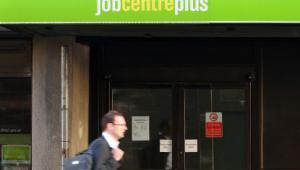The year-end report on the performance of health providers, released yesterday, found that despite the pressure of demand, the sector had achieved one of the best financial performances in recent years, delivering a reduced deficit, improved efficiency and cuts in agency staffing costs.
The sector reported a deficit of £571m, down from £966m last year, and a £90m improvement on forecast, while the number of trusts in special measures fell from 12 to ten.
Providers achieved efficiency savings of £3.2bn, or 3.6%, almost identical to the level achieved last year.
They also reduced spend on agency staff as a proportion of staff costs to 4.4% compared to 4.7% in the same quarter last year, continuing a trend of steady improvement since 2015.
However, providers were still too reliant on one-off savings, with 69% of efficiencies being achieved through recurrent schemes, well short of the planned 87%.
“The provider sector’s financial position improved during 2018-19 as a result of concerted management action and contributed to a further year in which the NHS balanced its books,” the report said.
“However, it is evident that more needs to be done to move to a sustainable position.
“For greater financial sustainability, providers must move from one-off and short-term improvements to the in-year financial position and identify recurrent long-term savings.”
Chris Hopson, chief executive of NHS Providers, said the emphasis on quality had been sustained across the sector while achieving a strong financial performance.
“These figures show trusts are working flat out to ensure good quality care for patients in an extremely challenging environment, with demand rising to record levels,” he said.
However, the sector’s reliance on one-off savings was not sustainable, said Mr Hopson, while workforce issues were “the biggest challenge of all”.
“We still have more than 96,000 vacancies, equivalent to 8% of the workforce which, on the current rate of improvement…would take seven years to fill,” he said.
Nick Ville, director of policy at the NHS Confederation, said the achievements of the sector in the face of record demand should not be underestimated but that it was still not where it wanted to be.
“The reduction of £395 million in trust deficits this quarter compared to the fourth quarter of 2017-18 offers some hope, but this report rightly recognises that we are overly reliant on one-off savings,” he said.











